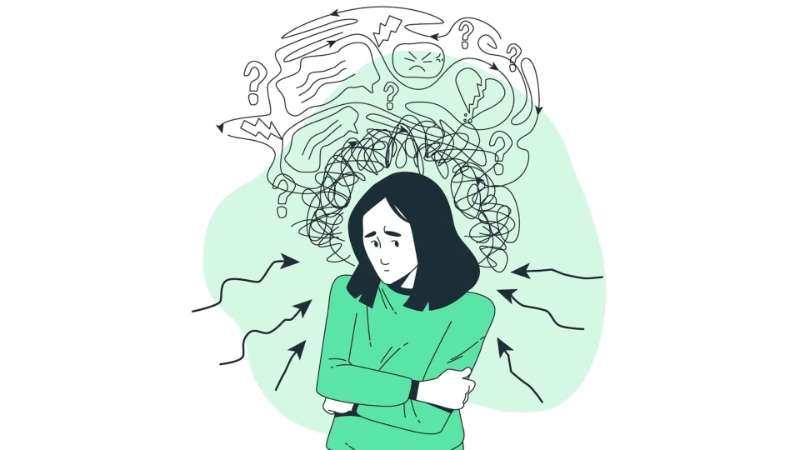Introduction:
Schizophrenia is a complex mental health condition that affects how a person thinks, feels, and behaves. What happens in schizophrenia often misunderstood, this disorder can have profound impacts on individuals and their families. By exploring what happens in schizophrenia, we can gain a deeper understanding of its challenges, symptoms, and management. This guide provides five key insights into the nature of schizophrenia.
What happens in schizophrenia:
1. Changes in Thought Processes
One of the hallmarks of what happens in schizophrenia is a disruption in logical thinking. Individuals may experience disorganized thoughts, making it difficult to concentrate or follow conversations. They might jump from one idea to another without a clear connection, often referred to as “thought disorder.”
Additionally, delusions—fixed false beliefs—are common. For instance, a person might believe they are being watched or controlled by external forces, even when there is no evidence to support this. These changes in thought patterns can significantly affect daily life and decision-making.

For more information on mental health conditions, visit National Institute of Mental Health (NIMH).
For Consultant with the Best Psychiatrist in Delhi for the Best Schizophrenia Treatment in Delhi, consider visiting:
2. Perceptual Disturbances
Schizophrenia often involves sensory disruptions, such as hallucinations. Hallucinations can occur across any of the senses, but auditory hallucinations—hearing voices—are the most common. These voices may be critical, commanding, or conversational, creating immense stress and confusion for the individual.
These perceptual disturbances can make it challenging to distinguish between reality and imagination. Understanding and recognizing these symptoms is essential for providing timely support to those affected.
Learn more about schizophrenia from MedlinePlus.
3. Emotional and Social Impact
People with schizophrenia frequently experience emotional blunting, where their ability to express emotions is reduced. This can make them seem detached or unresponsive. They may also struggle to form or maintain relationships due to withdrawal from social activities or mistrust of others.
Social isolation and difficulties in communication can contribute to feelings of loneliness, which may exacerbate symptoms. Encouraging a supportive and understanding environment can play a crucial role in their recovery journey.
For resources on mental health and emotional support, visit MentalHealth.gov.

4. Functional Impairments
Schizophrenia often affects an individual’s ability to perform daily tasks. This includes maintaining employment, managing finances, and taking care of personal hygiene. Cognitive symptoms, such as difficulties with memory, problem-solving, and decision-making, can add to these challenges.
Early intervention and structured support systems can help individuals regain independence and improve their quality of life. Rehabilitation programs and therapy often focus on rebuilding these essential skills.
Check out rehabilitation programs supported by SAMHSA.
5. The Importance of Early Detection and Support
What happens in schizophrenia: symptoms can make a significant difference in treatment outcomes. Identifying warning signs, such as withdrawal, erratic behavior, or unusual beliefs, and seeking professional help promptly can prevent the condition from worsening.
Family education and involvement are equally important. When caregivers and loved ones are well-informed about the disorder, they can provide the support and encouragement necessary for effective management.
Explore helpful guides and resources at Centers for Disease Control and Prevention (CDC).

Conclusion
Understanding what happens in schizophrenia is crucial for breaking the stigma surrounding the disorder and providing meaningful support to those affected. By recognizing the changes in thought processes, perception, emotional responses, and functionality, we can foster empathy and encourage early intervention.
For further reading and professional resources, visit authoritative websites like the National Alliance on Mental Illness (NAMI) or the World Health Organization (WHO).
By addressing what happens in schizophrenia with compassion and awareness, we can create a supportive environment that empowers individuals to lead fulfilling lives despite their challenges.

